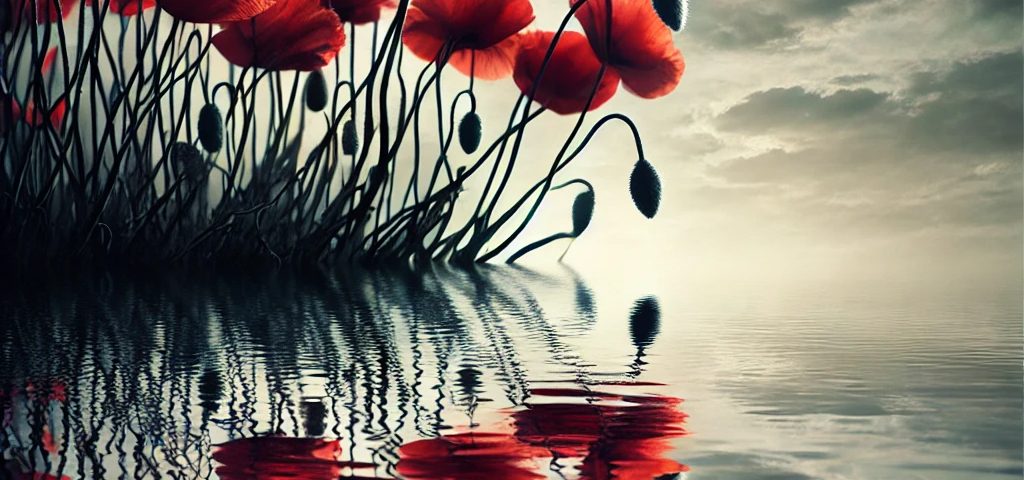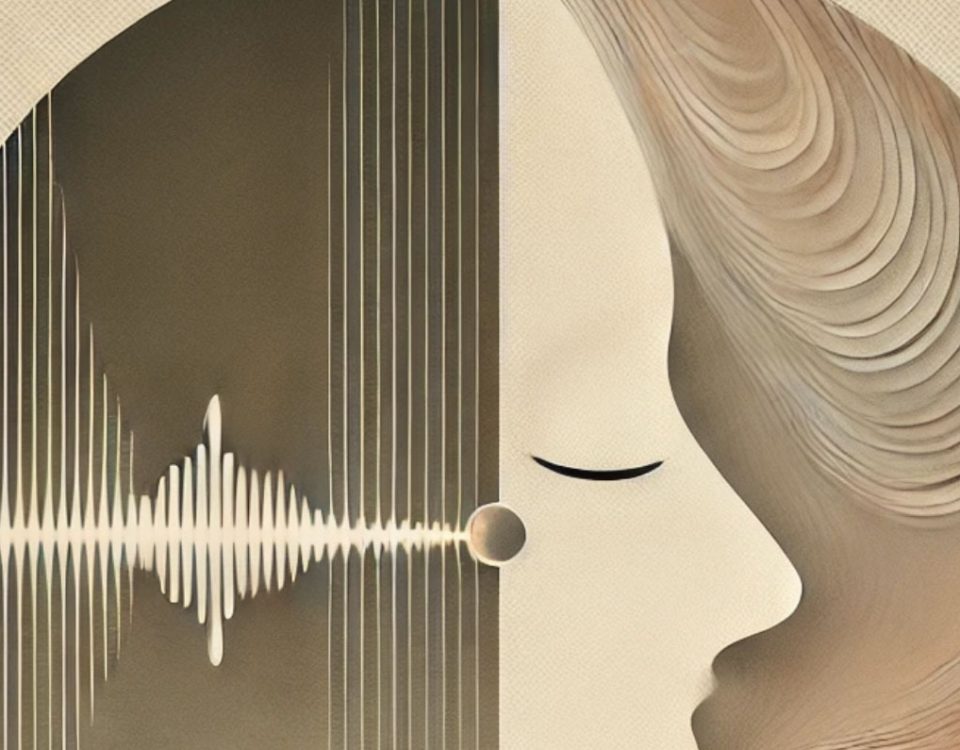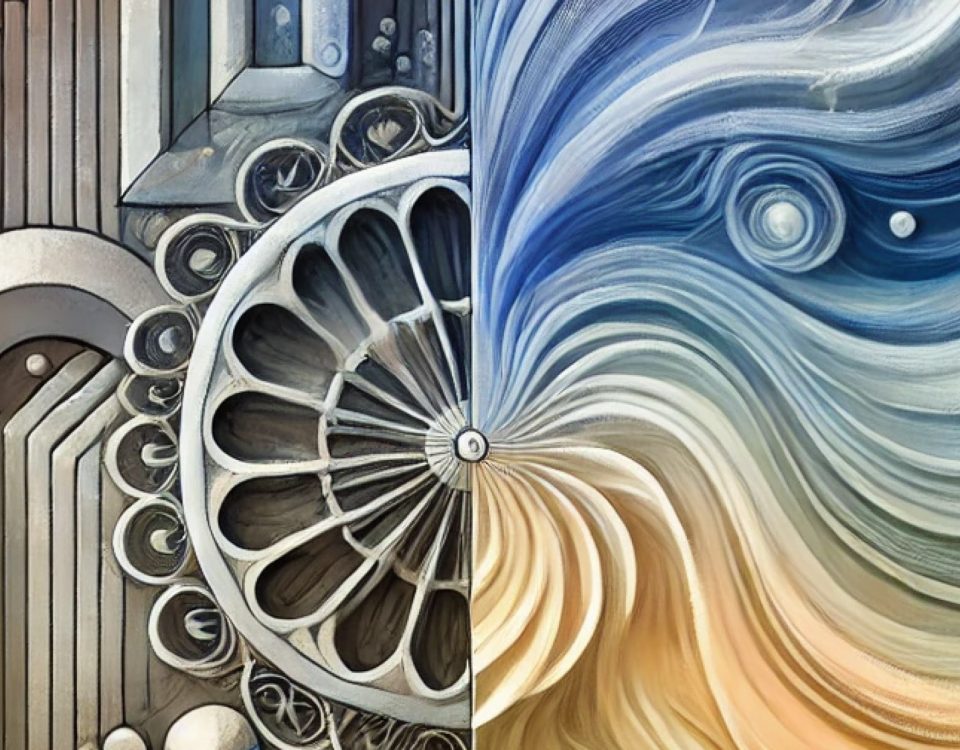
How much should you listen to your yoga teacher?
October 4, 2024
“Not Doing” is a Skill Worth Practicing
January 16, 2025On Remembrance Day, when I reflect on wars past and present, feelings of sadness for the loss of life and compassion for those who endured (and enduring) the hardships of war arise. I’m from one of the fortunate generations in Canada who have to use empathy and imagination to experience what it’s like, and I try not to take this for granted. But alongside this sorrow, there’s a quiet, almost paradoxical longing for something deeper in that experience, something I can’t easily name.
My mother was born during the Great Depression and was a school-age child through World War II. Her upbringing was aligned with culturally sanctioned ideals of supporting ‘the greater good.’ She has navigated her life with this sense of purpose, becoming a nurse – a natural choice to help others directly – and donating to countless charities throughout adulthood. She has faced no existential crises, trusting her sense of purpose and holding a solid grasp of what is right and wrong.
We now live in a time where our role in the greater whole can feel impossibly small. From the moment we wake up, the tools we interact with – and which sometimes wake us – are unfathomably complex. We’re deeply interconnected not only with each other’s knowledge and actions but also with a history of humanity that has brought us to where we are. In this highly interdependent world, we are both powerful and vulnerable.
Finding purpose in such a world is not easy. Decades ago, when I first faced the question, “What are you going to do with your life?” I felt overwhelmed with indecision, caught in endless mental experiments that led to confusion and uncertainty. In yoga, this search for purpose is called “dharma”—a term from the ancient Bhagavad Gita that implies an evolving, lifelong quest for alignment and fulfillment. For the fortunate, it’s a journey of inspiration; for others, the uncertainty can foster apathy and a sense of purposelessness. The recent U.S. election, no matter my personal views, reflects a strong desire among many for a more straightforward, more certain path ahead – even if that means embracing a nostalgia for “greatness” at complex moral costs.
On Remembrance Day, I honour those who sacrifice for a better world, and I question the role of a nuanced, reflective ambivalence about what is “right”, and what our purpose is. While certainty might feel easier, it’s the questioning, the openness to many perspectives, that helps us prepare for the unknown future and the world’s shifting needs.
In yoga, especially during complex times, one thing that stands out for me is that the mind continually offers opportunities to shut down ambivalence by assigning judgment. “My hamstrings are too tight. This is taking so long. I’m actually good at this!” To whatever degree this may be relatable, these nominal judgements are small examples of how, when stressed, we crave certainty. Yet in this practice, we are challenged to hold open the space of possibility by relating directly to feelings without the constraints of concepts and opinions. Just keep breathing into the sensations. Even if we can eke out a little more room to be uncertain in these moments, we can develop more resiliency to hold a spirit of inquiry in the broader realms of life.
So, if you’re questioning the world’s happenings, keep questioning. Embrace what’s difficult, hold space for possibility, and stay resilient. Remember, you’re doing your best with the conditions present in your life, and it’s an ongoing practice.
Bows,
Karen
Karen Andersen, E-RYT 500
Behavioural Neuroscience Major, SFU





